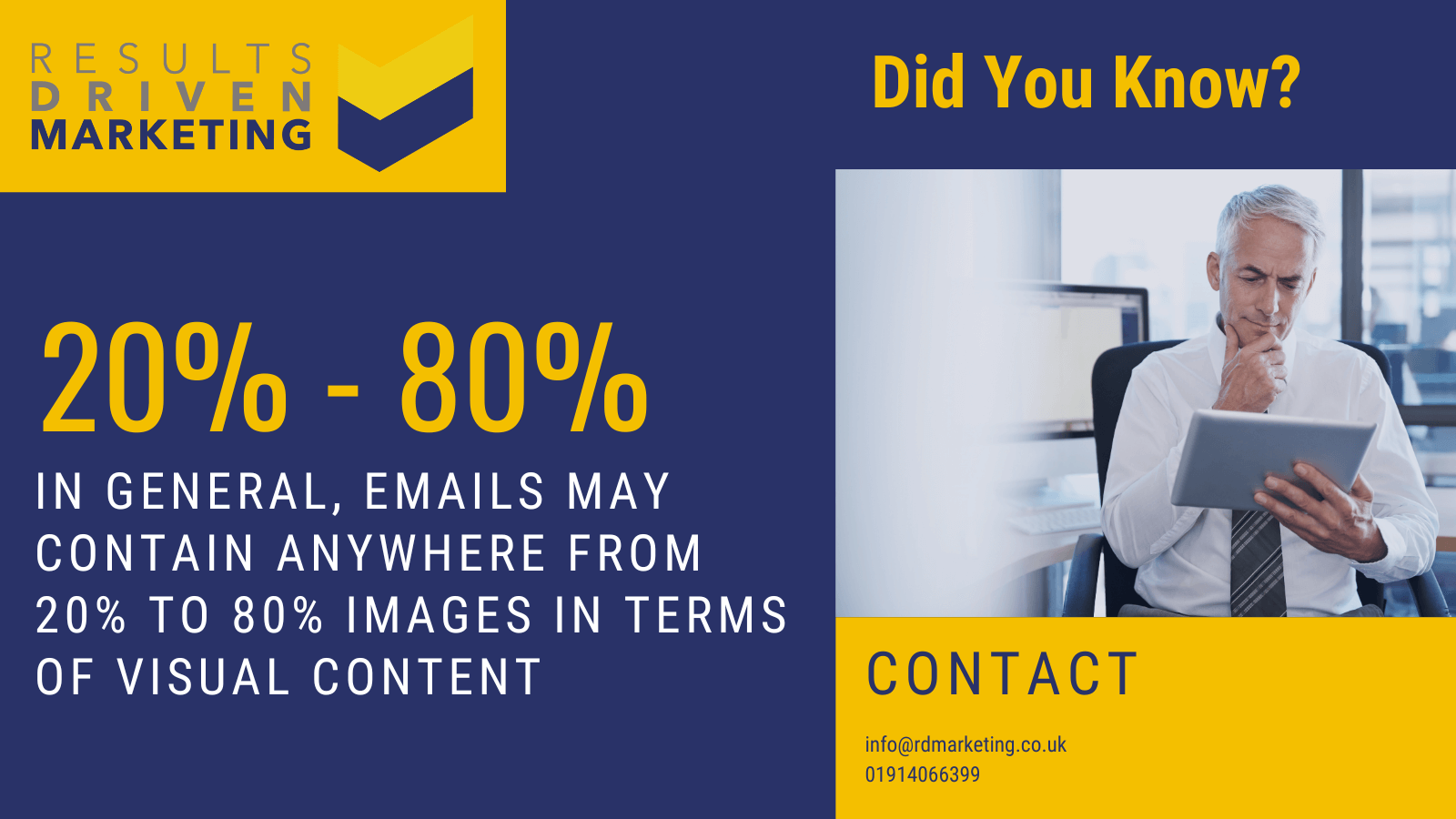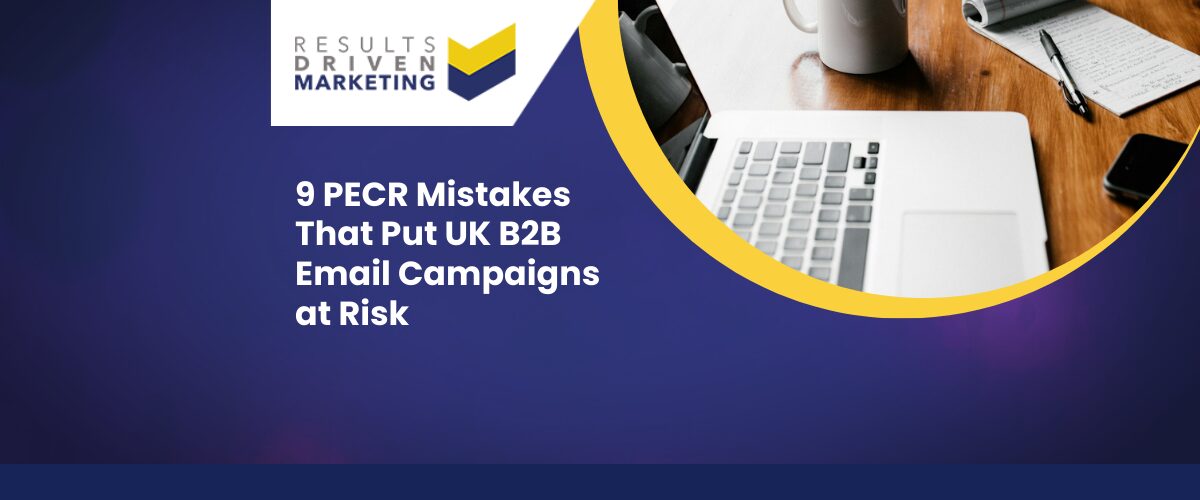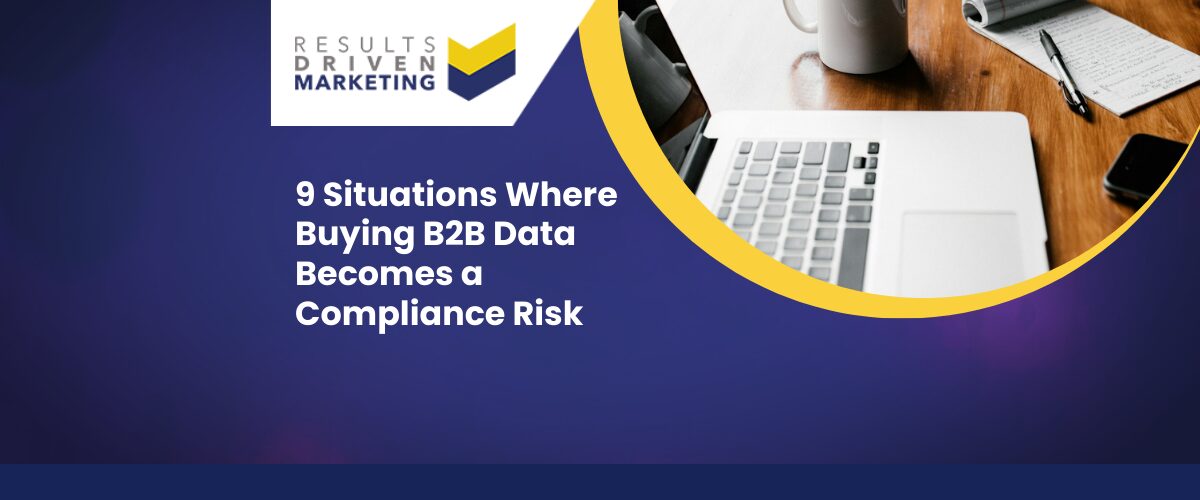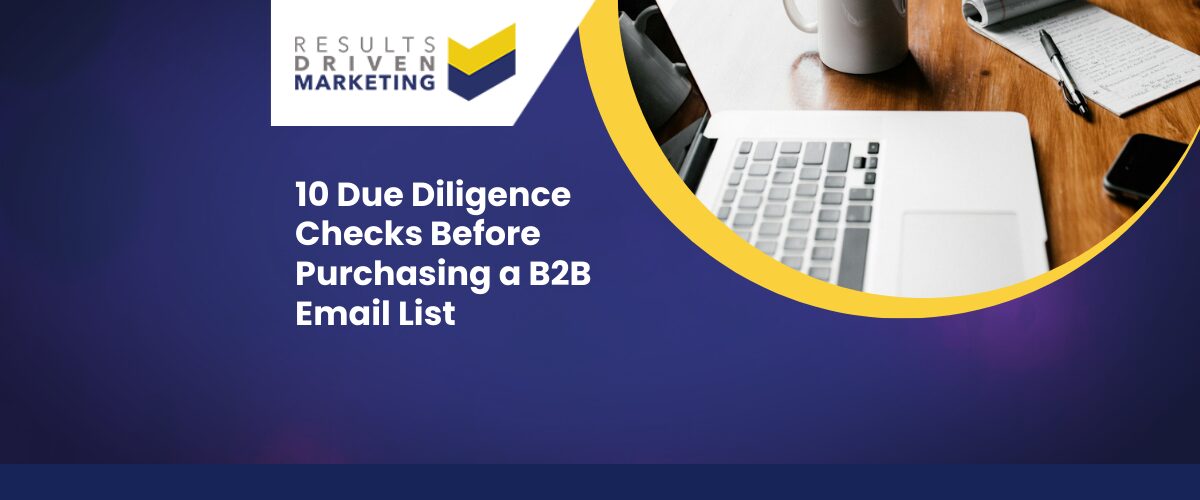
Email Marketing Images
Email marketing images play a pivotal role in capturing the attention of recipients and enhancing the effectiveness of campaigns.
As marketers continually strive to improve engagement and conversion rates, the strategic use of images in email marketing has emerged as a key factor in driving success.
This article will delve into the importance of email marketing images, exploring how they can significantly impact the visual appeal and overall performance of your email campaigns.
We’ll also provide insights on the best practices for selecting and optimising email marketing images to ensure they resonate with your audience and align with your marketing objectives.
Table of contents:
The Importance of Email Marketing Images
Why are images important in email marketing?
Let’s face it; we’re all a bit visual. A chunk of text might provide valuable information, but it’s an image that often grabs our attention first. In the context of email marketing, images serve as the initial hook, drawing the reader in. They break up the monotony of text, making the content more digestible. Moreover, a well-placed image can convey a message or emotion much faster than words, enhancing the overall user experience.
Why Use Email Marketing Images?
Beyond just aesthetics, using images in emails has some tangible benefits. Firstly, they can increase the click-through rate. A compelling image, paired with a strong call to action, can be a potent combination. Additionally, images can help in brand recall. A consistent visual theme across your emails can make your brand more recognisable. And let’s not forget, in today’s fast-paced world, where attention spans are dwindling, a captivating image can be the difference between your email being read or being sent straight to the trash.
Selecting the Right Email Marketing Images for your Campaigns
How to choose the right email marketing images for your email campaigns
Choosing the right email marketing images for your email campaigns isn’t just about picking the most attractive visuals. It’s about selecting email marketing images that align with your message, resonate with your audience, and complement your brand’s voice. Here are a few steps to guide you:
- Understand Your Audience: Know who you’re sending the email to. What are their preferences? What visuals would appeal to them?
- Stay Relevant: Ensure the image aligns with the content of the email. An unrelated image can confuse readers.
- Quality Matters: Always opt for high-resolution images. Blurry or pixelated visuals can harm your brand’s reputation.
- Consistency is Key: Maintain a consistent visual theme across all emails for better brand recall.
Types of Email Marketing Images You Can Use in Emails
When it comes to email marketing images, there’s a plethora of options to choose from:
- Product Images: Showcase your products in the best light.
- Infographics: Break down complex information into digestible visuals.
- User-Generated Content: Real photos from real users can boost authenticity.
- Illustrations: Custom illustrations can add a unique touch to your emails.
- Behind-the-Scenes Shots: Give your subscribers a sneak peek into your company’s inner workings.
Designing with Images in Email
In the world of email marketing, design isn’t just about aesthetics; it’s about communication. And when it comes to communication, email marketing images play a pivotal role. They’re not just decorative elements; they’re powerful tools that can amplify your message, evoke emotions, and drive action.
How to design with images in email
Designing with images in email is a delicate balancing act. It’s about ensuring that the visuals complement the text, rather than overshadowing it. Here’s a step-by-step approach:
- Start with a Goal: Before you even choose an image, understand what you want to achieve with the email. Is it to inform, to sell, or to entertain?
- Choose Relevant Images: The image should align with the message of the email. It should enhance, not distract.
- Placement Matters: Place the image where it can have the most impact, typically at the top or between crucial sections of text.
- Maintain Visual Hierarchy: Ensure that the most important elements, whether text or image, are the most prominent.
How to Use Images in Emails
Using images in emails isn’t just about inserting a picture and calling it a day. It’s about integrating the visual seamlessly into the email:
- Use Captions: A brief caption can provide context to the image.
- Avoid Overloading: Too many images can make the email look cluttered. Strike a balance.
- Opt for Authentic Images: Stock photos are fine, but authentic, real-world images can resonate more with the audience.
- Consider Mobile Users: Ensure that the images look good on mobile devices as well.
Technical Aspects of Using Images in Emails
How to code images in email
Coding images in email can seem daunting, but with a few guidelines, it becomes manageable:
- Use Absolute URLs: Always link to the image’s absolute URL, not a relative path.
- Specify Dimensions: Define the width and height of the image in the code to ensure it displays correctly.
- Use Alt Text: Always include alt text for images. It ensures that even if the image doesn’t load, the reader knows what it’s about.
Get the Size Right
Size matters, especially in emails. An image that’s too large can slow down the loading time, while one that’s too small can appear pixelated. Aim for a size that provides clarity without compromising on speed.
Choose the Right Image Format
Different image formats have different strengths:
- JPEG: Best for photographs.
- PNG: Ideal for email marketing images with transparent backgrounds.
- GIF: Suitable for animations.
Make Images Accessible
Accessibility isn’t just a buzzword; it’s a necessity. Ensure that your images are accessible to all, including those with visual impairments. Use descriptive alt text, and consider contrast and brightness for readability.
Best Practices for Email Marketing Images
Email marketing images best practices
When diving into the realm of email marketing images, there are certain best practices that can elevate your campaigns:
- Stay Consistent: Maintain a consistent visual theme across emails.
- Optimise for All Devices: Ensure images are responsive and look good on desktops, tablets, and mobiles.
- Test, Test, Test: Always test how the images appear in different email clients.
Best Practices for Using Images in Emails
Images can make or break your email campaigns. Here are some golden rules:
- Quality Over Quantity: It’s better to have one impactful image than several mediocre ones.
- Align with Branding: The images should reflect your brand’s voice and tone.
- Avoid Over-reliance: While images are powerful, your message should still be clear even if they don’t load.
Follow These 6 Best Practices for Using Images in Emails
Mind the File Size: Optimise images to ensure faster loading times.
Use Authentic Images: Ditch the stock photos occasionally and use real-world images.
Consider the Placement: An image at the beginning can grab attention, but one at the end can leave a lasting impression.
Be Mindful of Colours: Ensure that the image colours complement the email’s overall color scheme.
Use Images Sparingly: Sometimes, less is more.
Always Include Alt Text: It improves accessibility and provides context if the image doesn’t load.
Aligning Email Marketing Images with Branding and Message
In the bustling world of email marketing, it’s not just about sending messages; it’s about sending the right messages. And here’s the thing: email marketing images aren’t just decorative pieces. They’re the silent ambassadors of your brand, speaking volumes without uttering a word. So, how do you ensure they’re saying the right things?
Make sure your email marketing images reinforce your brand
Your brand is unique. It’s got its own personality, its own voice. And every image you use in your emails should echo that voice. Here’s a little step-by-step to help you out:
- Consistency is Key: Whether it’s the colour scheme, the style, or the tone, ensure there’s a common thread running through all your images.
- Reflect Your Brand’s Values: If your brand stands for sustainability, use images that evoke nature, greenery, and the planet.
- Stay True to Your Brand’s Personality: If your brand is fun and quirky, let that shine through in the images. If it’s more professional and formal, opt for more polished visuals.
Use original email marketing images
There’s a certain charm to originality, isn’t there? While stock photos are handy, original email marketing images can set you apart:
- Showcase Real People: Use images of your team, your office, or even your happy customers.
- Highlight Your Products: If you’re selling products, use high-quality images of them in real-world settings.
- Tell a Story: Original images can weave a narrative that resonates with your audience.
Use email marketing images that correlate with your message
An image might be worth a thousand words, but it’s crucial those words align with your email’s message:
- Context Matters: Ensure the image contextually fits the content of the email.
- Evoke the Right Emotions: Choose images that evoke the feelings you want your readers to experience.
- Complement, Don’t Distract: The image should enhance the message, not divert attention from it.
Advantages and Disadvantages of Email Marketing
What are the advantages of email marketing images?
The world of email marketing images is vast, and its advantages? Well, they’re pretty compelling. For starters, images can grab attention in an instant, making your email stand out in a crowded inbox. They can simplify complex topics, making them more digestible. And let’s not forget, that they can evoke emotions, driving readers to take action.
What are the disadvantages of email marketing images?
But, as with all things, there’s another side to the coin. Sometimes, images can slow down email loading times, leading to impatience. Not all email clients display images the same way, which can mess with your design. And, if not chosen wisely, images can dilute the message or even mislead the reader.
Is email marketing images a good idea?
Dive into the realm of email marketing images, and you’ll find a world of potential. Yes, there are challenges, but with the right strategy, the rewards can be immense. Images can amplify your message, make your emails more engaging, and drive conversions. So, is it a good idea? Absolutely. But, as always, the devil is in the details. It’s about using images judiciously, ensuring they align with your brand and message, and always keeping the reader’s experience at the forefront.
What are the key considerations of email marketing images?
Ah, the world of email marketing images. It’s vast, it’s varied, and it’s… a tad bit overwhelming. But fret not. When you’re diving into this realm, there are a few key considerations to keep in mind:
- Relevance is King: Always ensure the image you’re using aligns with the content of the email. It’s not just about looking good; it’s about making sense.
- Quality Over Quantity: A few high-quality images can have a bigger impact than a barrage of mediocre ones.
- Optimisation: Ensure your images are optimised for faster loading times without compromising on quality.
- Mobile-Friendly: With more people checking emails on the go, ensure your images look great on mobile devices.
- Alt Text: Always include alt text for your images. It ensures that even if the image doesn’t load, the reader gets the context.
What are the alternatives to email marketing images?
While email marketing images are a powerful tool, they aren’t the only game in town. Here are some alternatives that can still pack a punch:
- GIFs: These can bring a dynamic touch to your emails, making them more engaging.
- Infographics: A great way to present complex information in a visually appealing manner.
- Videos: While not always ideal for every email client, they can be a compelling way to convey a message.
- Illustrations: Custom illustrations can give your emails a unique and personalised touch.
- Typography: Sometimes, well-designed text can be just as impactful as an image.
FAQ
Dive into the frequently asked questions about email marketing images and get the insights you’ve been craving:
Why is personalisation crucial in email marketing?
Personalisation, my friend, is the secret sauce of email marketing. It’s what turns a generic message into something that speaks directly to the reader. It makes them feel seen, understood, and valued. And when that happens? They’re more likely to engage, respond, and take action.
How can emojis enhance email engagement?
Emojis, those tiny little symbols, can be quite the game-changers. They add a touch of emotion, making emails feel more human and relatable. Plus, they can break the monotony of text, making the content more visually appealing. The result? Higher engagement rates.
What are the common mistakes to avoid in email marketing?
Ah, the pitfalls of email marketing. There are a few: sending emails too frequently, not segmenting your audience, neglecting mobile optimisation, and, of course, using irrelevant or low-quality email marketing images.
How often should A/B testing be conducted for emails?
A/B testing is like the compass of email marketing. It guides you, showing what works and what doesn’t. Ideally, you should be A/B testing every major campaign or when introducing significant changes to your email design or content.
Why is an email call to action important?
Think of the call to action as the climax of your email. It’s where you want the reader to go, and what you want them to do. Without a clear, compelling call to action, your email might be interesting, but it won’t drive results. So, always ensure your CTA is front and centre.
Who are we?
Providing b2b database solutions is our passion.
Offering a consultancy service prior to purchase, our advisors always aim to supply a database that meets your specific marketing needs, exactly.
We also supply email marketing solutions with our email marketing platform.
We have the best data of email lists for your networking solutions as well as direct mailing lists & telemarketing lists
A good quality b2b database is the heartbeat of any direct marketing campaign…
It makes sense to ensure you have access to the best!
Call us today on 0191 406 6399 to discuss your specific needs.
Results Driven Marketing
0191 406 6399








